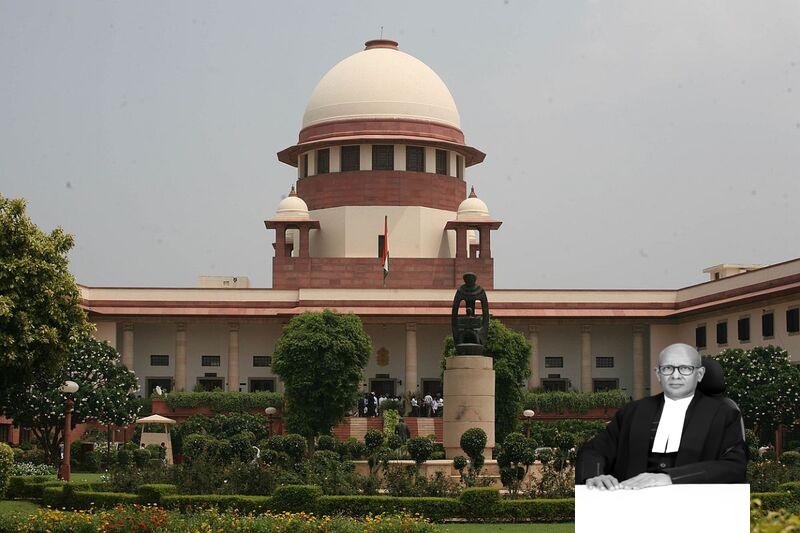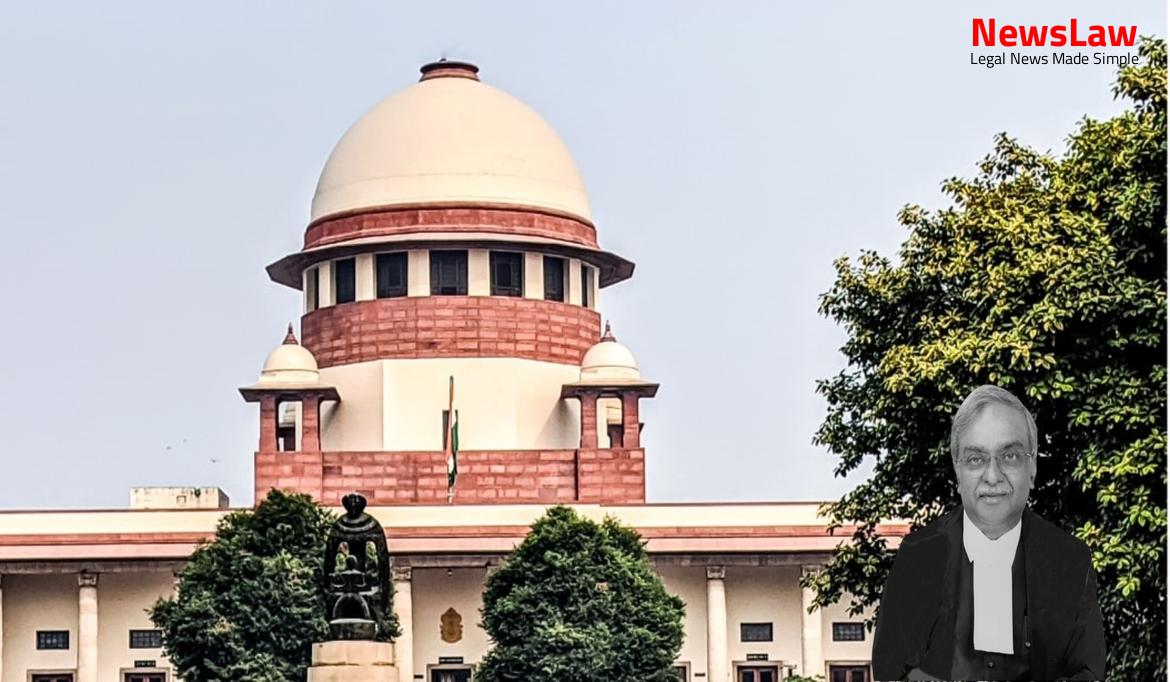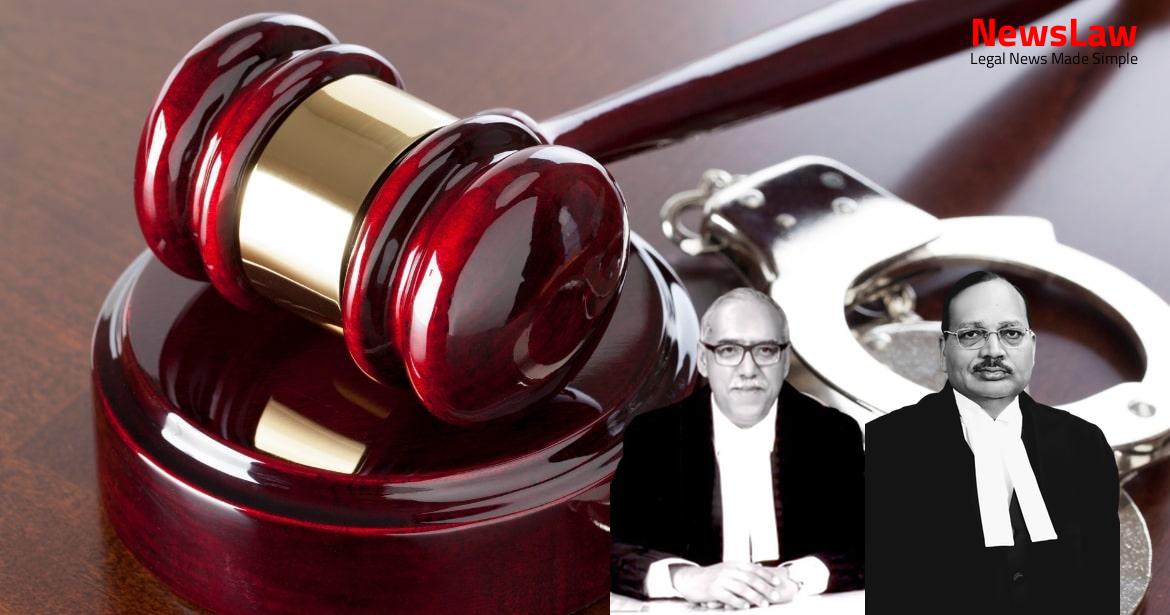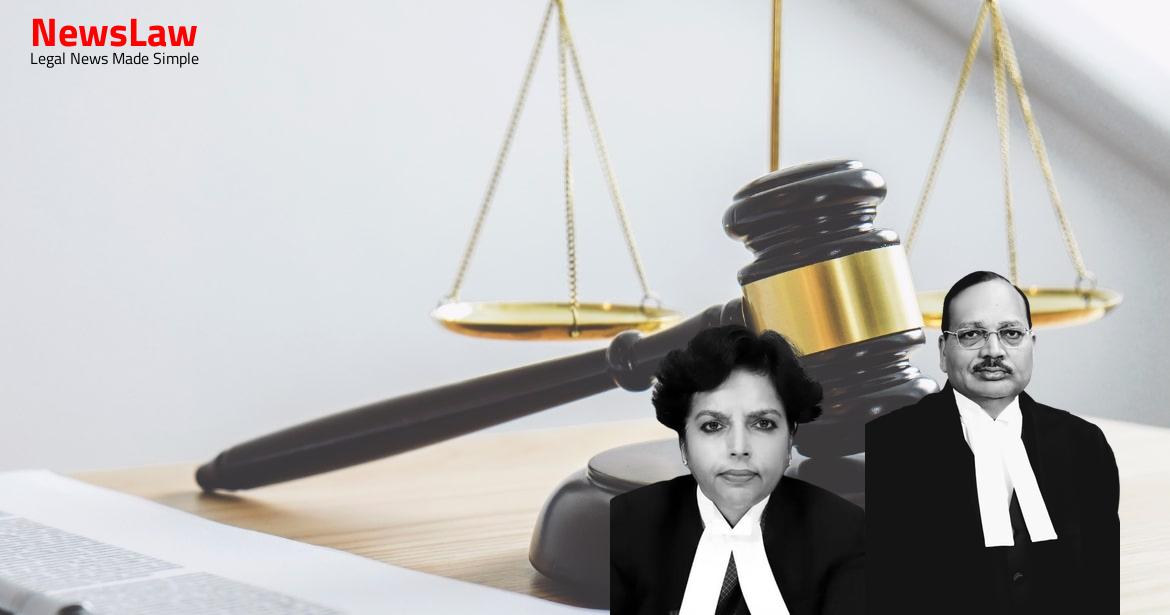2023 INSC 954
Reportable IN THE SUPREME COURT OF INDIA CIVIL APPELLATE JURISDICTION SPECIAL LEAVE PETITION (C)
No 19992 OF 2023 IFFCO Tokio General Insurance Co. seeks to assail the order dated 11.05.2023 of the Delhi High Court in MAC.
However, the Tribunal found that the driver of the Tempo had a fake driving licence and opined that the petitioner-insurance company would not be liable to pay the compensation. The record reflects that Ujay Pal, the driver of the vehicle, had produced a driving licence issued at Mathura at the time of his employment and it was only after the accident that it came to light that the said licence was not a genuine one. (2) No sum shall be payable by an insurer under sub-section (1) in respect of any judgment or award unless, before the commencement of the proceedings in which the judgment or award is given the insurer had notice through the Court or, as the case may be, the Claims Tribunal of the bringing of the proceedings,……; and an insurer to whom notice of the bringing of any such proceedings is so given shall be entitled to be made a party thereto and to defend the action on any of the following grounds, namely:- (a) that there has been a breach of a specified condition of the policy, being one of the following conditions, namely: – (i)……; or (ii) a condition excluding driving by a named person or persons or by any person who is not duly licensed, or by any person who has been disqualified for holding or obtaining a driving licence during the period of disqualification; or………….’ 5.
The argument with respect to the driving skill test does not merit acceptance as the insurance policy in question admittedly did not postulate that a driving skill test should compulsorily be taken before employing a chauffeur to drive the insured vehicle. As regards the contention that the driver of the vehicle was not duly licensed as he possessed a fake license, it may be noted that neither Section 149(2)(a)(ii) of the Act of 1988 nor the ‘Driver Clause’ in the subject 5 insurance policy provide that the owner of the insured vehicle must, as a rule, get the driving licence of the person employed as a driver for the said vehicle verified and checked with the concerned transport authorities. In fact, no such mandatory condition is provided in any car insurance policy and it is not open to the petitioner-insurance company, which also did not prescribe such a stringent condition, to cite the failure of the deceased vehicle owner to get Ujay Pal’s driving licence checked with the RTO as a reason to disclaim liability under the insurance policy. The very concept of infringement or violation of the promise that the expression ‘breach’ carries within itself induces an inference that the violation or infringement on the part of the promisor must be a wilful infringement or violation.
Unless the insured is at fault and is guilty of a breach the insurer cannot escape from the obligation to indemnify the insured and successfully contend that he is exonerated having regard to the fact that the promisor (the insured) committed a breach of his promise. Sesh Reddy and others and it was duly approved, with the following observations: – ‘In other words, once there has been a contravention of the condition prescribed in sub-section (2)( b )( ii ) of Section 96, the person insured shall not be entitled to the benefit of sub-section (1) of Section 96.
In a case where the person who has got insured the vehicle with the insurance company, has appointed a duly licensed Driver and if the accident takes place when the vehicle is being driven by a person not duly licensed on the basis of the authority of the Driver duly authorised to drive the vehicle whether the insurance company in that event shall be absolved from its liability?
It was observed that an insurance company which wished to avoid its liability is not only required to show that the conditions laid down in Section 149 (2)(a) or (b) are satisfied but is further required to establish that there has been a breach on the part of the insured.
Noting that the proposition of law is no longer res integra that the person who alleges breach must prove the same, the Bench observed that an insurance company would be required to establish the said breach by cogent evidence and in the event an insurance company fails to prove that there has been breach of the conditions of the policy on the part of the insured, such an insurance company cannot be absolved of its liability. It was pointed out that the defence to the effect that the licence held by the person driving the vehicle was a fake one would be available to the insurance company but whether, despite the same, the plea of default on the part of the owner has been established or not would be a question which would have to be determined in each case.
Mere absence, fake or invalid driving licence or disqualification of the driver for driving at the relevant time, are not in themselves defences available to the insurer against either the insured or the third parties. ( vi ) Even where the insurer is able to prove breach on the part of the insured concerning the policy condition regarding holding of a valid licence by the driver or his qualification to drive during the relevant period, the insurer would not be allowed to avoid its liability towards the insured unless the said breach or breaches on the condition of driving licence is/are so fundamental as are found to have contributed to the cause of the accident.
This Court found that no attempt was made to ascertain whether the owner was aware of the fake driving licence possessed by the driver and held that it is only if the owner was aware of the fact that the licence was fake but still permitted such driver to drive the vehicle that the insurer would stand absolved. As already pointed out supra, once a seemingly valid driving licence is produced by a person employed to drive a vehicle, unless such licence is demonstrably fake on the face of it, warranting any sensible employer to make inquiries as to its genuineness, or when the period of the licence has already expired, or there is some other reason to entertain a genuine doubt as to its validity, the burden is upon the insurance company to prove that there was a failure on the part of the vehicle owner in carrying out diligence apropos such driving licence before employing that person to drive the vehicle.
Therefore, it was for the petitioner-insurance company to prove willful breach on the part of the said vehicle owner. RAVIKUMAR)………………………..,J (SANJAY KUMAR) October 30, 2023; New Delhi.
Case Title: IFFCO TOKYO GENERAL INSURANCE CO. LTD. Vs. GEETA DEVI AND ORS.
Case Number: SLP(C) No.-019992 / 2023



